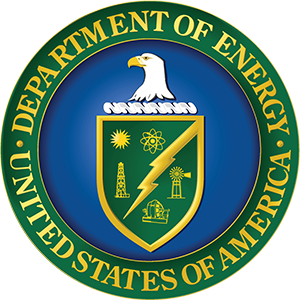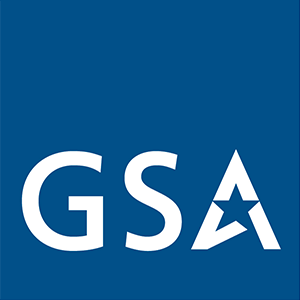Virtual Comprehensive Utility Energy Service Contract (UESC) Training - Day 3
Join FEMP and experts from DOE’s national labs to learn how to effectively manage Utility Energy Service Contracts (UESCs) from construction through the end of the contract. Participants will learn the key steps in managing project execution, including witnessing construction, commissioning systems, verifying post-installation performance, and completing Energy Conservation Measure (ECM) acceptance procedures. The course also covers methods for managing and sustaining ECM savings through proper operations, maintenance, and performance verification. Learners will explore best practices for long-term contract management—such as handling invoices, payments, modifications, and dispute resolution—to ensure projects remain compliant and cost-effective. Finally, the course highlights how to leverage Federal Energy Management Program (FEMP) tools and resources to streamline project oversight and enhance overall UESC program success. NOTE: Attendees need to register for all three days of the training separately. This course is accredited by the International Association for Continuing Education and Training, and there is no registration fee to attend. CEUs will be awarded upon successful completion of an online quiz and evaluation following the workshop.
Learning Objectives
Upon completion of this course, attendees will be able to:
- Identify the steps involved in managing UESC project implementation, including witnessing construction, commissioning, post-installation performance verification, and ECM acceptance procedures;
- Recognize how to manage the post-acceptance performance of UESC projects, ensuring ECM savings are sustained through proper O&M and performance verification;
- Understand best practices for long-term contract management, including the process for invoicing and payments, managing modifications, and resolving performance disputes.










